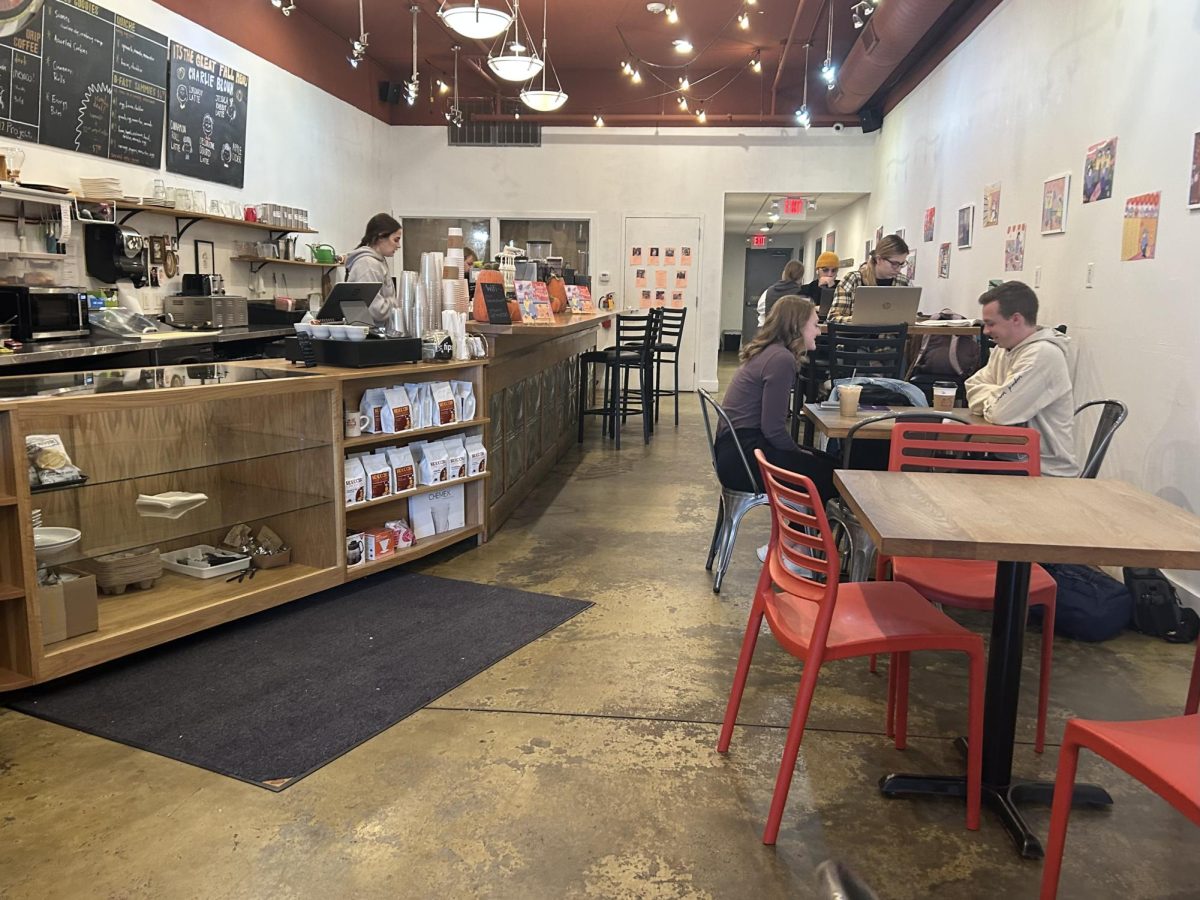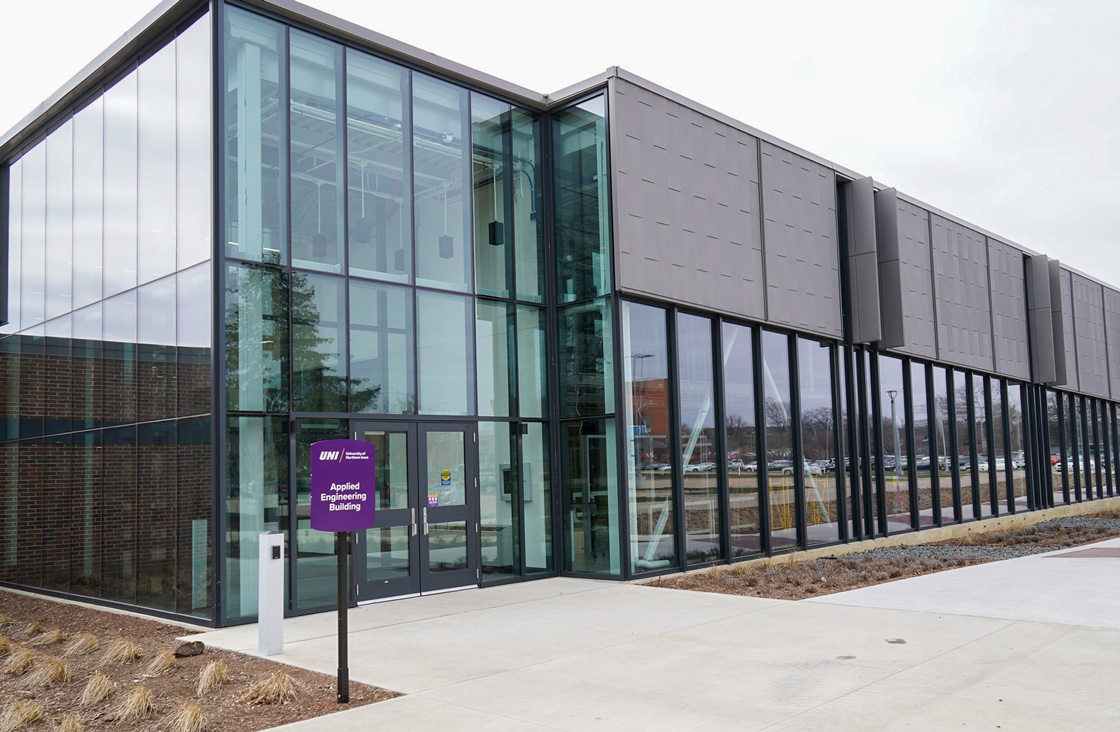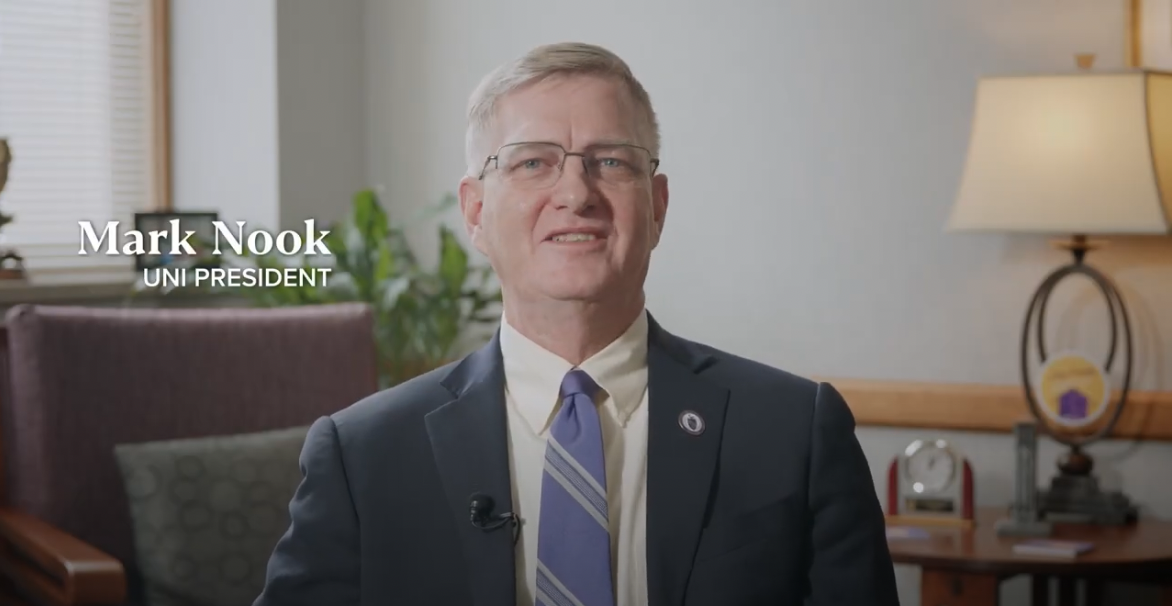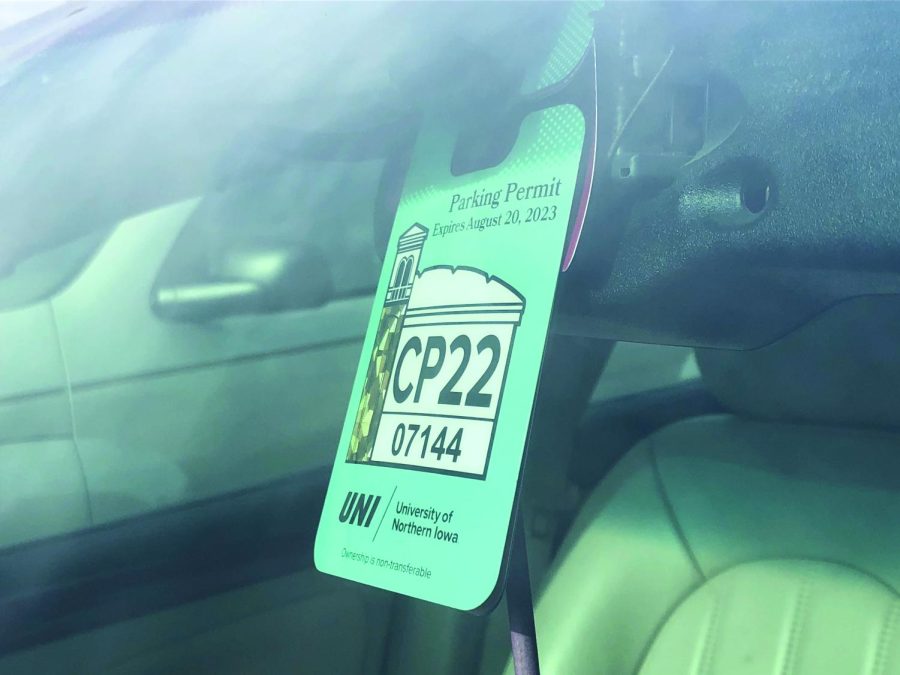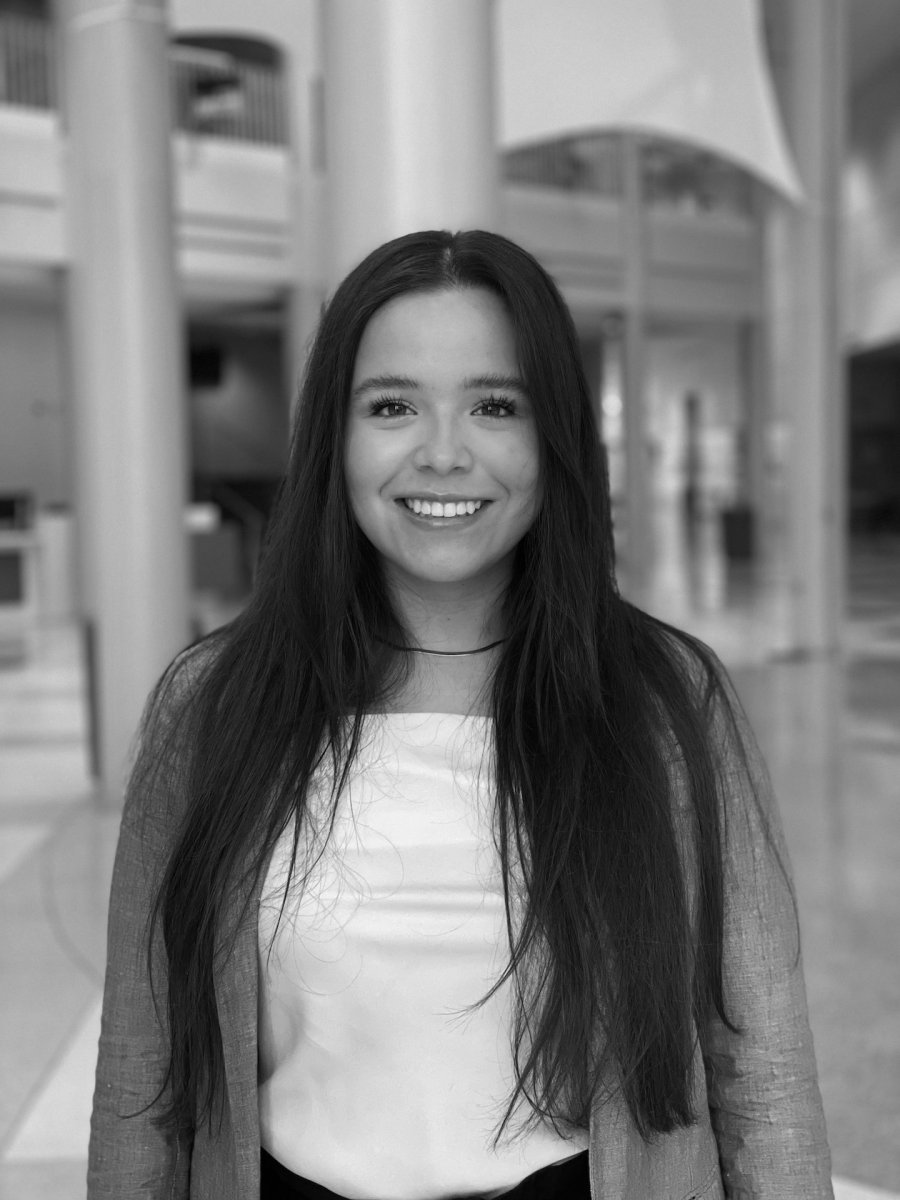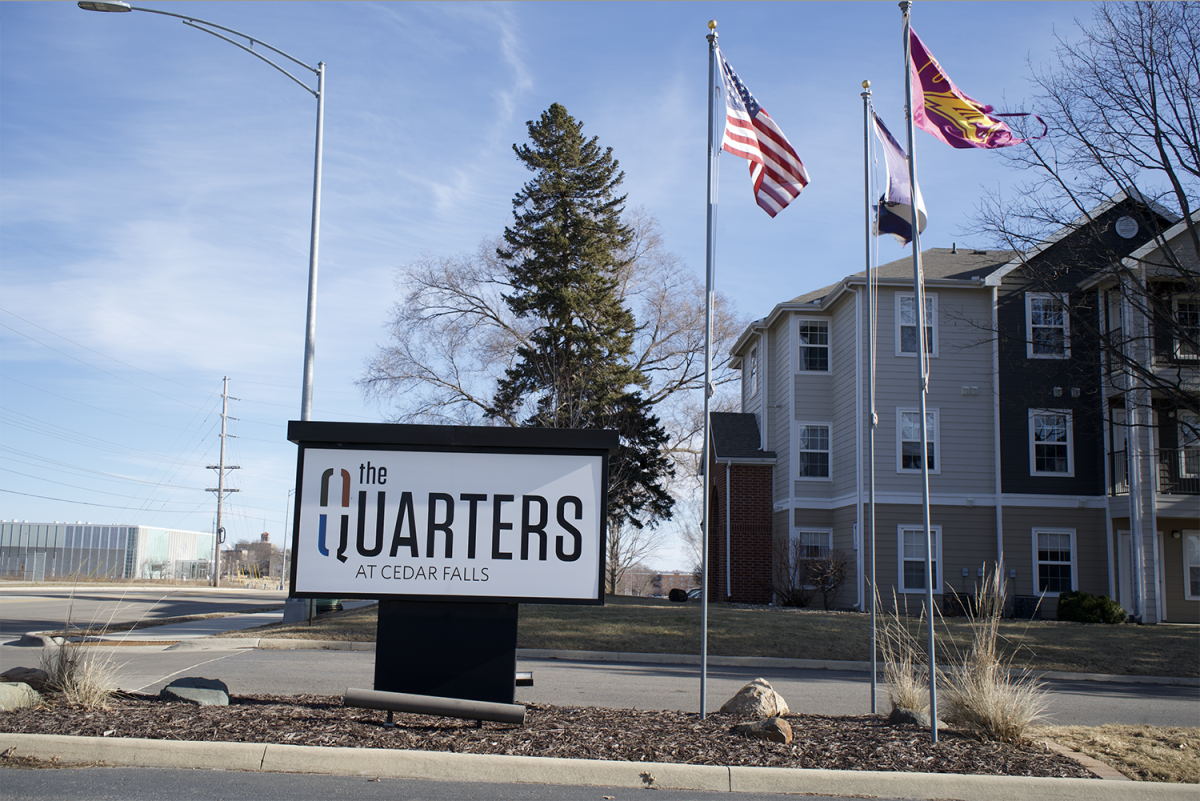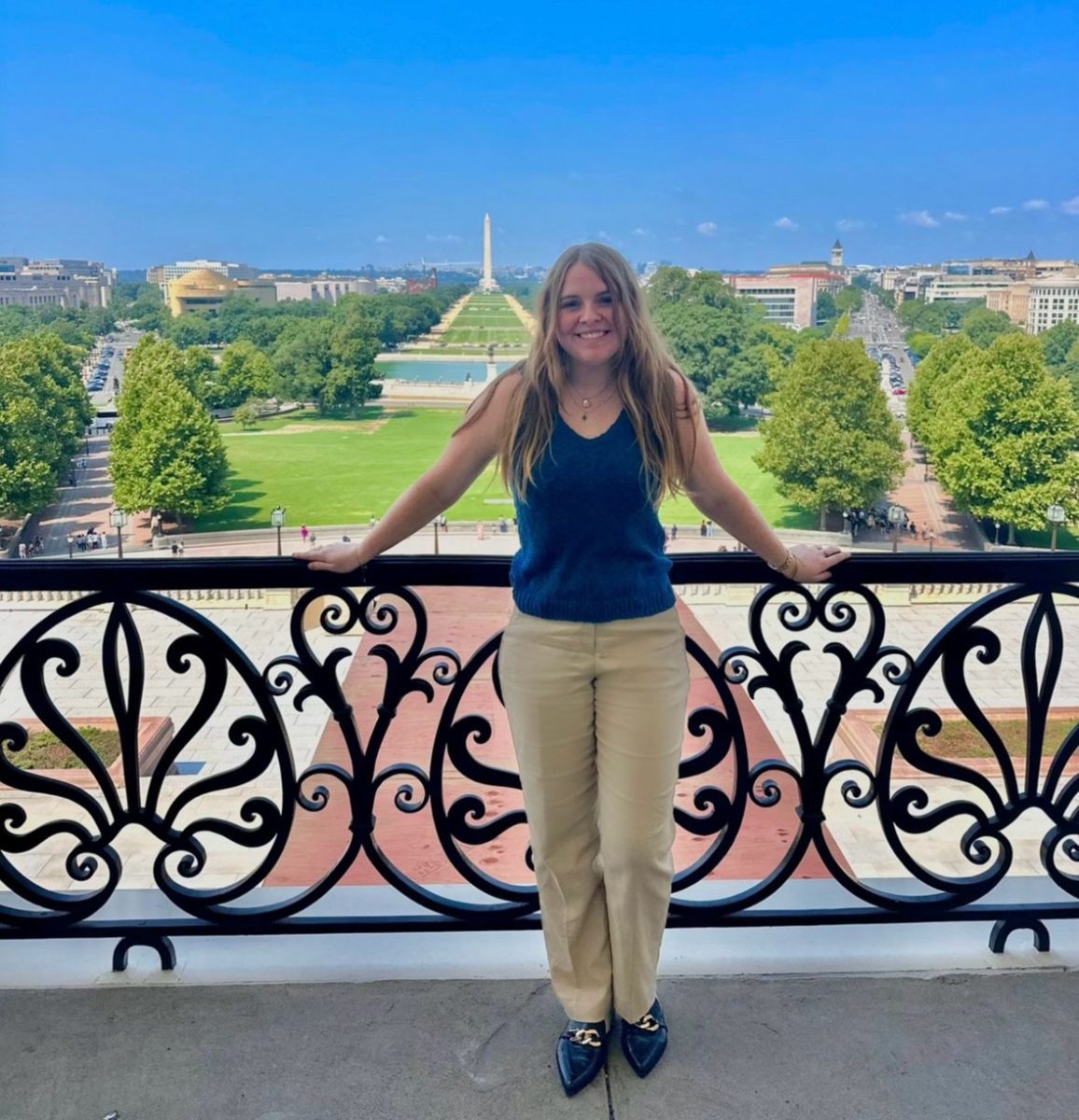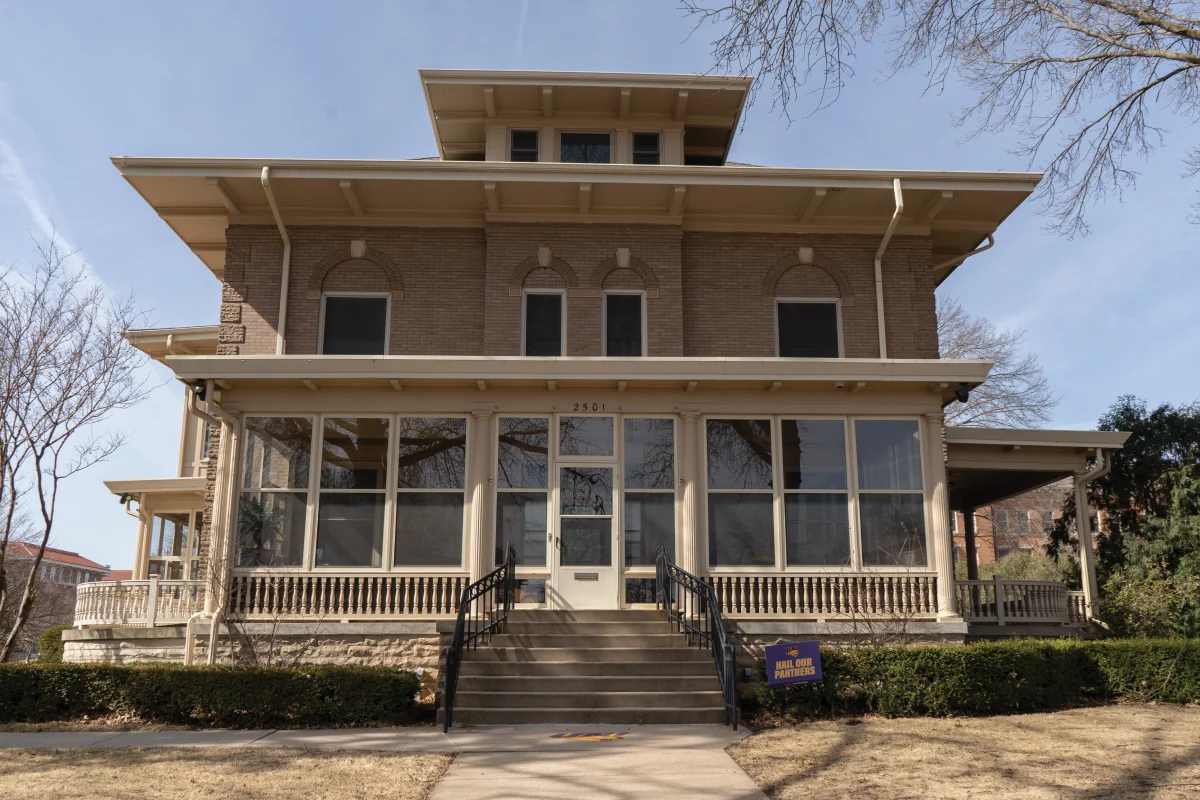Death is a topic many would rather not think about, but it’s an inevitability we all must face. Whether it is the passing of a loved one or our own mortality, the subject proves to be a difficult one. University of Northern Iowa associate professor of family, aging and counseling, Melinda Heinz hopes to make the subject less mysterious and intimidating by hosting a group discussion called a Death Café. These meetings will be held Nov. 13 at 2 p.m. at Sidecar Coffee on College Hill and Dec. 4 at 2 p.m. at Cabin Coffee in Waterloo.
“It will be a non-judgmental space for anyone who wants to speak,” she said. “It’s for people to have conversations about death. It’s not counseling or therapy but a place for people to express perspectives and share ideas. It’s a way to get discussion out in the open.”
While some Death Café gatherings have been held in Des Moines and Iowa City, this will be the first of its kind in Northeast Iowa. Following the first two events, Heinz would like to see more of these events happen in the Cedar Valley area. She is also looking to partner with local public libraries for future events.
“I would like to see this become a regular event. I feel it could greatly help in destigmatizing death. I am looking to gently facilitate a conversation while keeping in mind that people have varying perspectives on dying, religious beliefs and the afterlife,” Heinz added.
The concept of the Death Café was originated by Swiss sociologist Bernard Crettaz before inspiring Jon Underwood and his mother, Sue Barsky Reid, a psychotherapist, to bring the concept to the United Kingdom. Death Cafés have spread across the world since Underwood developed the project in 2010. They have been held in over 85 countries with over 170,000 participants.
The first Death Café hosted in the U.S. was in Columbus, Ohio in 2013, organized by Lizzy Miles. It is common practice to host the events in coffee shops, restaurants and other public spaces. Hosts will often provide refreshments, with cake being a popular item to share with guests. While bringing cake is tradition for some organizers, it’s not a requirement. It’s just greatly appreciated.
Death Cafés aim to create a comfortable environment and are explicitly not-for-profit. They aim to break beyond society’s perceptions of death being a gruesome subject and help people experience a deeper appreciation for living.
For history, event information and guides for organizing a Death Café, please visit deathcafe.com and on social media: facebook.com/deathcafe.
For anyone interested in positive perspectives on death, check out popular mortician, writer and activist, Caitlin Doughty at www.caitlindoughty.com.


